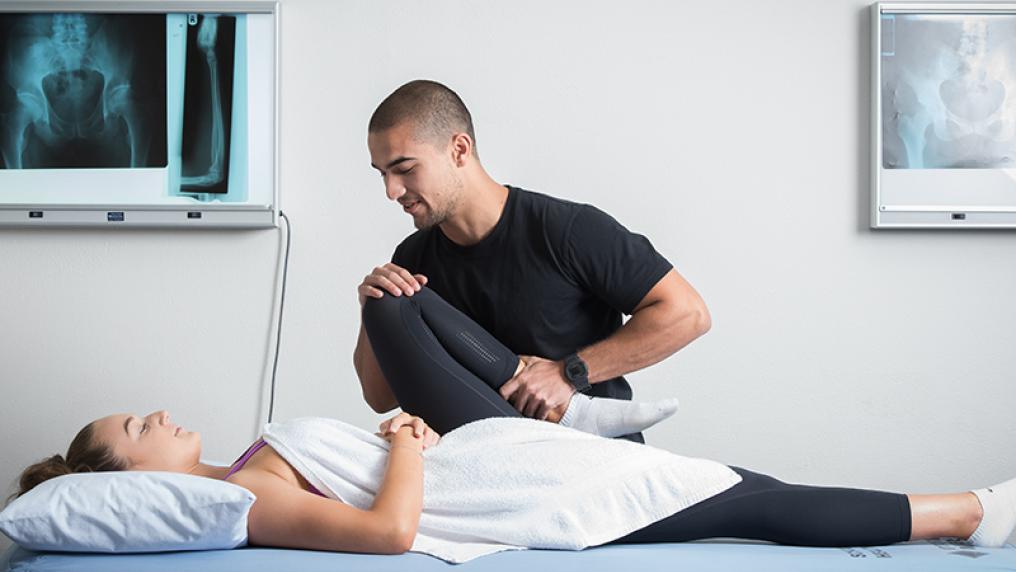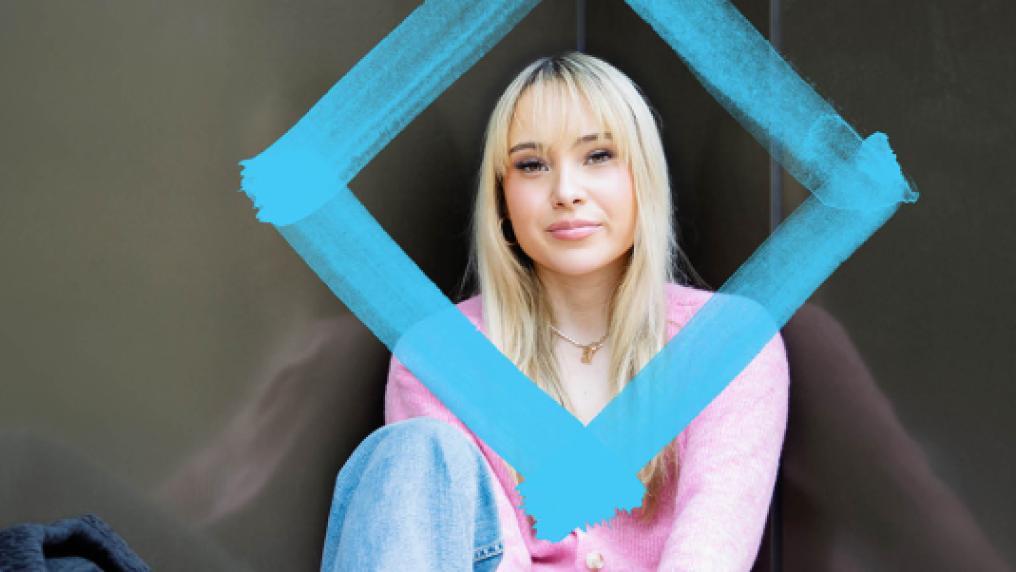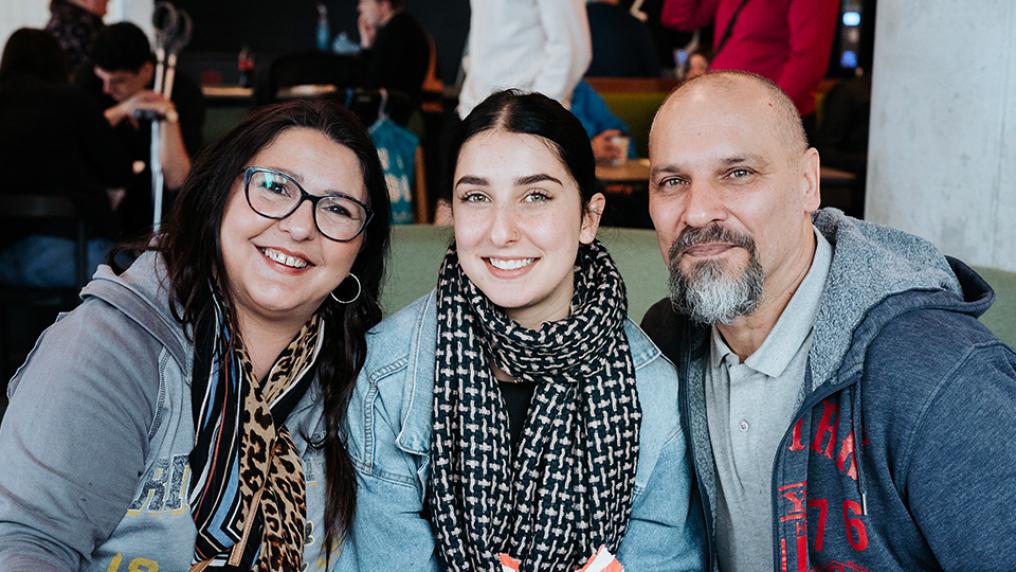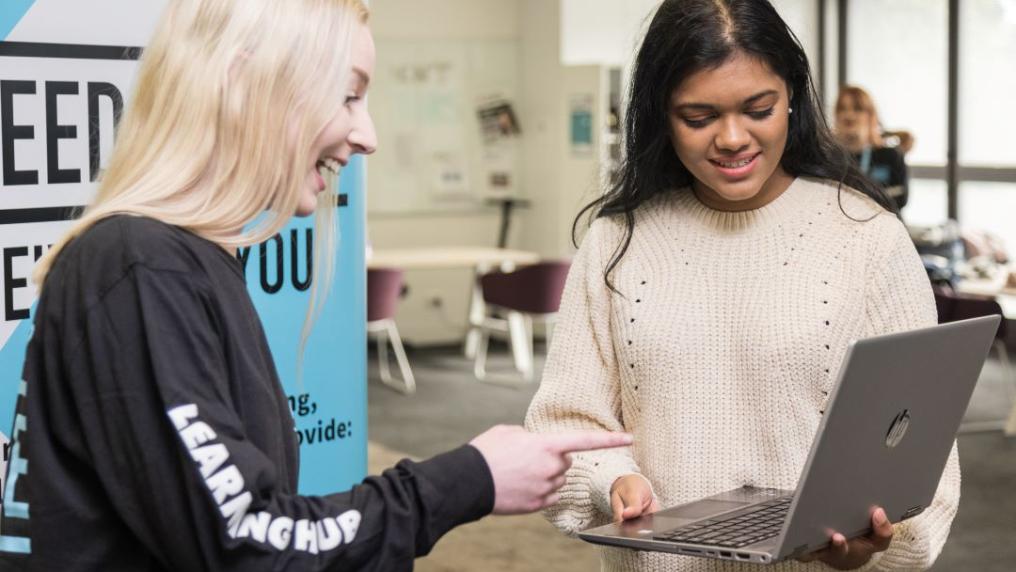7 ways you can look after your mental health while studying
Thinking about uni can stir up all kinds of feelings: excitement. Curiosity. But also worry. If you're in Year 11 or 12, you're probably already balancing study, future plans, pressure, and everything in between. The thought of adding uni into the mix might feel like a bit too much.
But the good news is you don’t have to figure it all out alone. At VU, we see your potential and support you as a whole person – not just a student. Your wellbeing matters here, and this starts before you even enrol or begin classes.
So if you’re starting to imagine life after high school, here are seven ways to look after your mental health – and the intel you need on the ways we can support you from the very beginning.
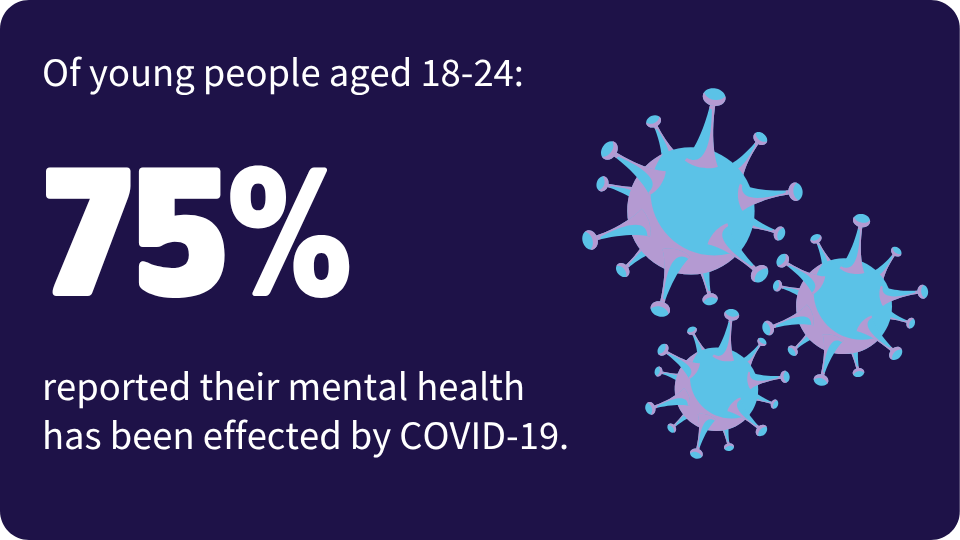
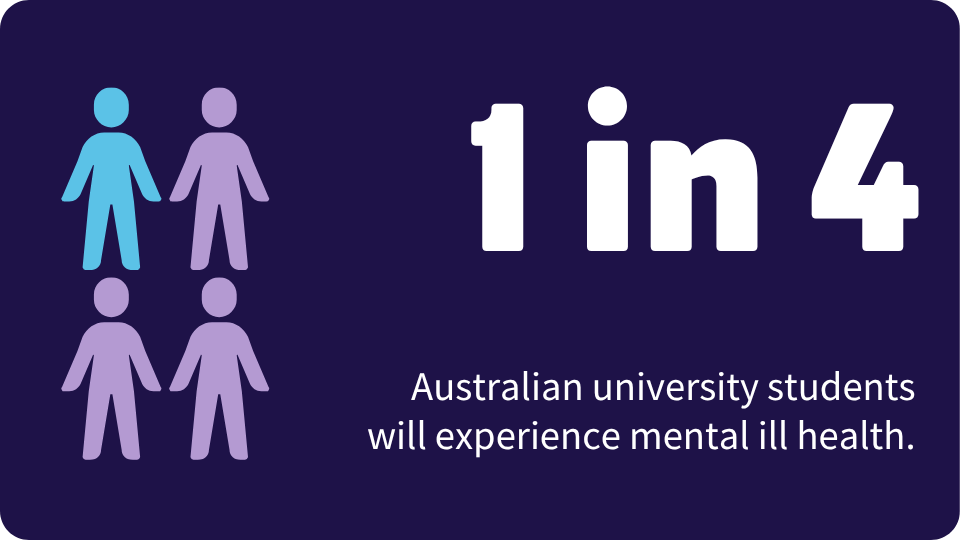
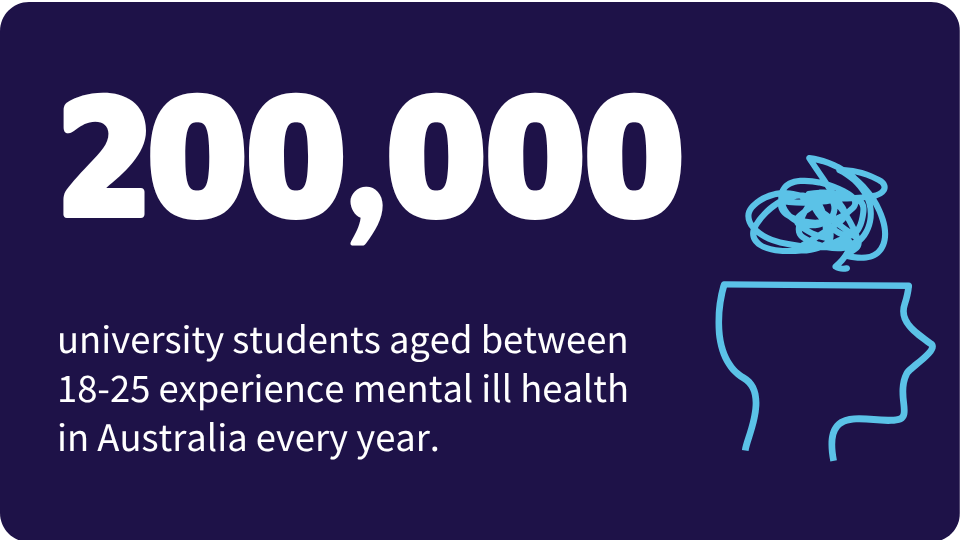
Source: 'Improving the mental health of young people in tertiary education settings' report – Mitchell Institute
1. Speak up if things feel heavy
Everyone feels overwhelmed sometimes. What matters is knowing you can talk about it, and that help is always within reach.
Counselling services
VU offers free counselling services to our students that are free, totally confidential, and easy to access. Appointments are available by phone, video call, or in person – and you can book in an appointment at any of our campuses.
VU Psychology Clinic
You can also visit our Psychology Clinic, where trained VU postgrad psychology students (under supervision from experienced psychologists) offer affordable support – available to you whether you're a student, staff, or member of the public. Located in Footscray, you can access the service without a referral, and opt for individual or group therapy. Head to the clinic page to learn more.
Lifeline
If you need urgent help, Lifeline is there to offer it, 24 hours a day and 7 days a week, on 13 11 14.
Our partnership with Lifeline has created Victoria’s first crisis support centre on a university campus – right here at our St Albans campus. The centre is open to anyone who needs support. Whether it’s for you or someone you care about, help is here. You are not alone, and you are always welcome to reach out.
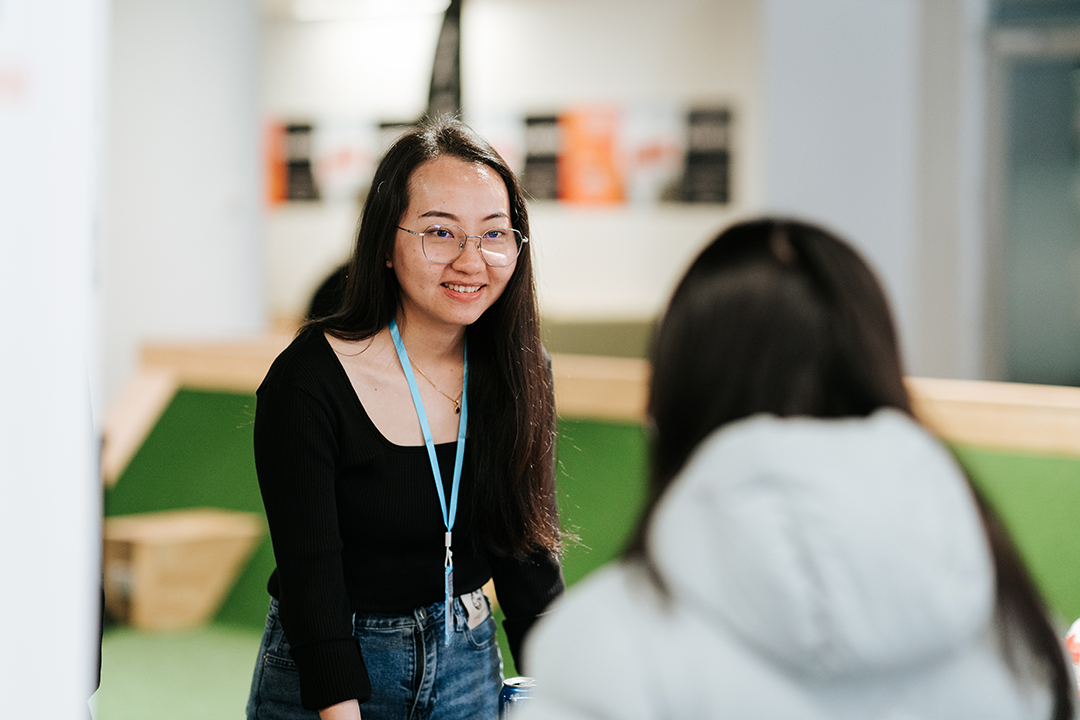
2. Feed your body, fuel your mind
It sounds simple, but sometimes it’s hard to remember to look after ourselves properly when we’re not feeling well – and physical health and mental health are incredibly closely linked.
Skipping meals or living on vending machine snacks isn’t uncommon for students, but it’s not ideal. Your brain needs real fuel to stay sharp and balanced. And crucially: don't forget to get enough hydration!
VU provides free frozen meals through our SecondBite program every Monday and Thursday at Footscray Park. There are also quiet, comfy places on campus to eat, reset, and refocus, and free drinking taps and water bottle filling stations on every campus.
Trust us, small things like regular meals, water and sleep go a long way in supporting your mental health.
3. You don’t have to make friends overnight
Uni is a fresh start, which can be exciting. It can also be awkward. Finding your people takes time! Start by joining a club that matches your interests or going to a social sport session. Say hi to someone sitting near you in class. You’re not the only one hoping to connect.
At VU, our diverse student community means there’s room for everyone. Your voice matters, and our goal is to celebrate your uniqueness in any ways we can.
4. Take regular breaks
It’s hard to remember when deadlines are looming and study seems endless, but screen breaks are important for both mental and physical health. Rest your eyes and brain by taking short breaks from your computer.
Refreshing yourself might save you a headache and fatigue, or just keep those feelings of overwhelm at bay. And fresh air is never a bad idea!
Stretch your legs, and look at something analogue instead of digital for a few minutes. It might be worth considering one of these free apps which remind you to take a break.
Did you know: thanks to VU’s Block Model, you only study one subject at a time? That means fewer competing deadlines, more focused learning and built-in breathing space. It’s study designed to work with your life, not against it.
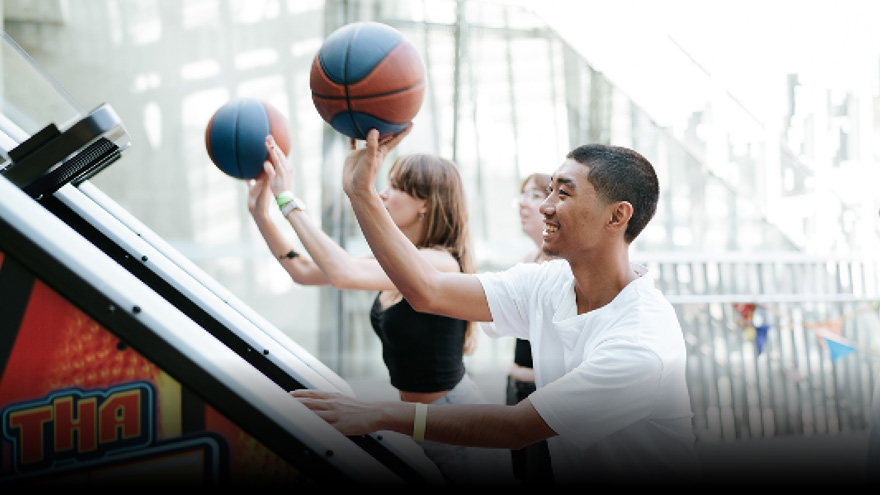
5. Stay in touch
If you live on campus, don’t forget to stay in touch with your external support networks – especially if you’re in your first-year transition out of home period.
Support on campus is crucial, but so are your networks and formational relationships, which offer a place to turn when you need them. Plus, your parents probably want to hear all about campus life. It's ok if you're not up for video calls or phone chats, even just reaching out via text message or WhatsApp is an achievement. Keep that group chat kicking!
6. Use the internet for good, with online wellbeing resources
Check out some of our free online resources to help support your wellbeing.
Wellbeing Hub on the VU App
Download the VU App if you haven’t already: you'll be able to jump into our Wellbeing Hub, where you can connect with strategies to benefit your own wellbeing and positive mental health.
Take a look at this video, which gives you a rundown of the benefits of the Hub.
VU Elevenses video series
The VU Elevenses project is a unique, meaningful and easily accessible way of connecting and looking after your mental health in small bites.
Initially started during the first stages of the pandemic, the video content is now available on demand from our YouTube channel.
Short sessions mean that they are doable at any time of day, whenever you can find 15 minutes to take a break and focus on your wellbeing.
More resources
You can also access a list of external online wellbeing resources for students, pulled together by VU Counselling and helping target your emotional, physical and psychological health and wellbeing.
7. Remind yourself: you're more than your ATAR
Say it again with us: You are more than your ATAR.
Whether you’ve got a plan or you’re still figuring it out, there’s a place here for you – and one day that ATAR score will be just a vague memory.
Don't forget to be kind and gentle on yourself: take the time off you need, don’t begrudge yourself a day spent not getting much done, and don’t feel bad about binging an entire season of Andor.
Be as honest with your teachers as you can if you're struggling, and try not to put too much pressure on yourself and results. You’ll find every human is understanding of the need for a little bit of support – but don't forget to have empathy for yourself.
One step at a time is the perfect pace to go at.
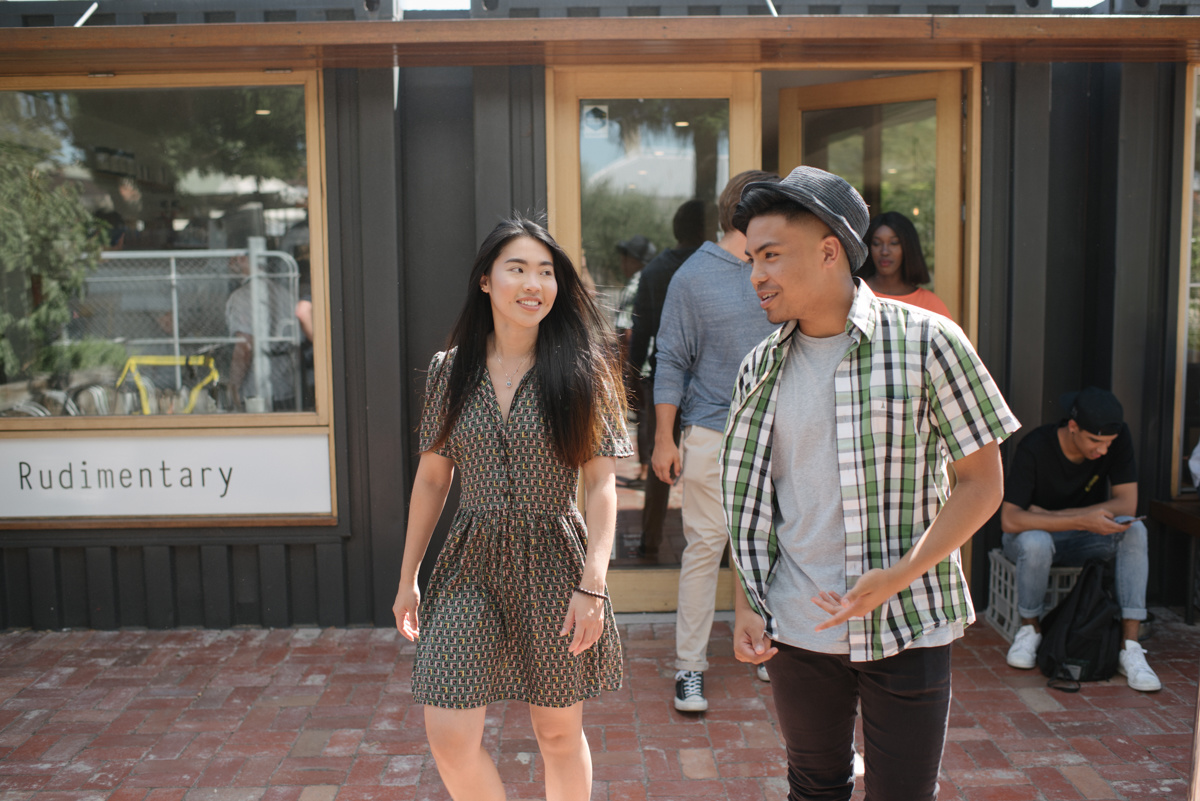
Need immediate mental health support?
If you need help and support right now, call 000 in an emergency.
- Lifeline: Operates 24 hours a day. Call 13 11 14.
- beyondblue: Chat on the phone or online to someone, 24 hours a day.
- Kids Helpline: If you are 25 years of age or younger. Operates 24 hours per day. Call 1800 551 800.
- Suicide Call Back Service: For immediate, professional 24/7 telephone and online counselling to people who are affected by suicide. Operates 24 hours per day. Call 1300 659 467.
